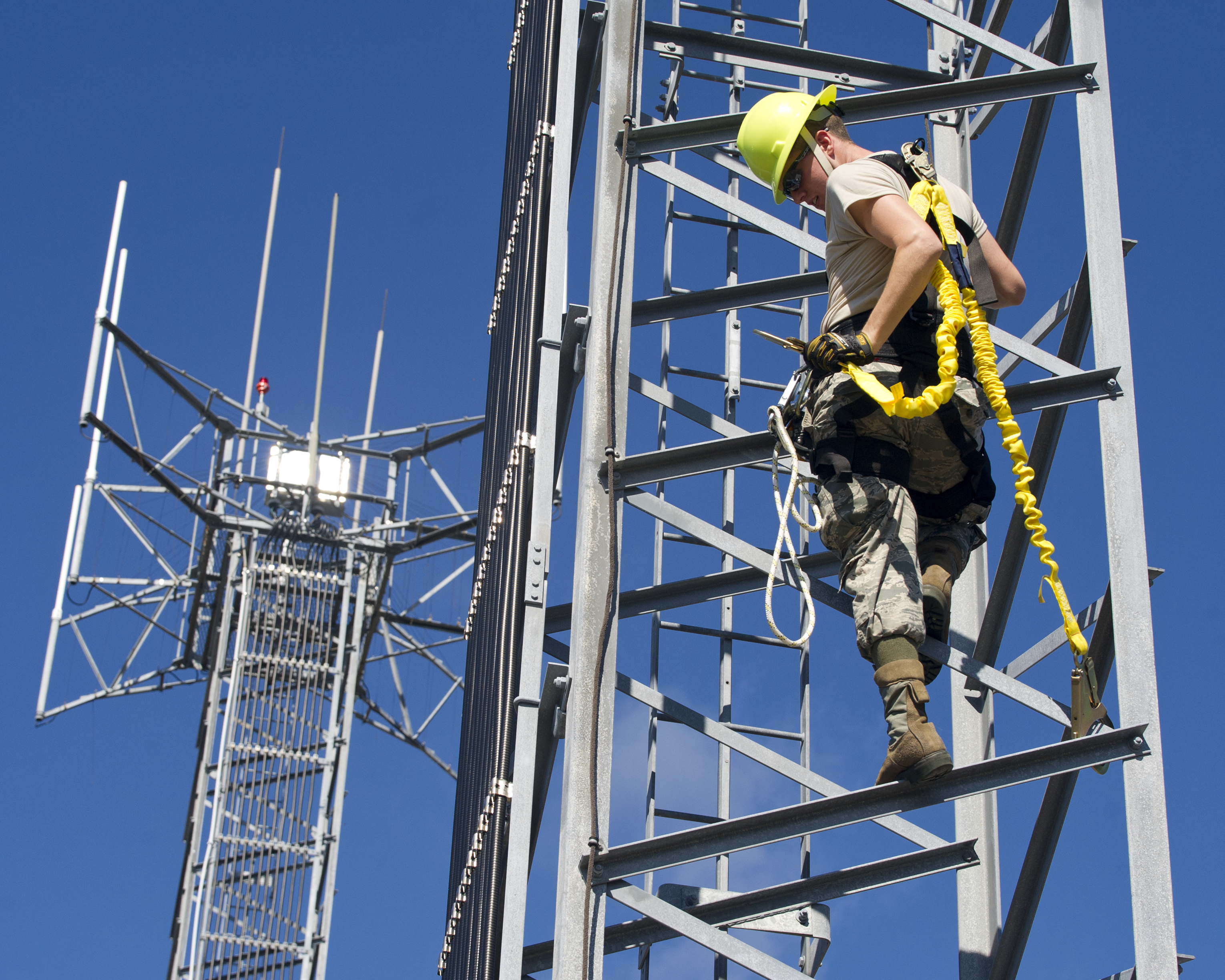Modern telecommunications systems are made up of towers, copper or fiber optic wires, routers, antenna, and hardware systems. Such complex systems require expert skill to install, maintain, and upgrade.
Without proper installation or maintenance, telecommunication systems won’t perform well and that will lead to slow or inconsistent service. Installation, upgrades, and maintenance are carried out by trained professionals known as a tower rigger. These individuals have the skill, knowledge, and physical ability to carry out complex tasks safely and with satisfactory results.
What Do Tower Riggers Do?
Tower riggers or line workers climb telecommunication towers or similar structures to carry out installations or maintenance. This job can be very dangerous because these towers can be hundreds of feet tall and delicate equipment is located at the top. Line workers usually have access to good-quality safety equipment and tools, but the job is still risky and requires a lot of physical effort.
However, it is also one of the most important jobs in the telecommunication industry. If these towers and hardware systems aren’t maintained well, all communication will be impacted. Tower riggers are the backbone of this industry.

How to Become a Tower Rigger?
Becoming a professional in this field isn’t easy because this is a high-risk job. Telecommunications companies choose candidates carefully based on a wide range of characteristics. Here’s a look at what companies expect from tower riggers:
- High School Diploma – Higher education in any field isn’t a big requirement in this industry. A high-school diploma is enough for you to get a job as a line worker but you need to have accompanying training in this field to be hired. If you intend to do more than general climbing and repair, a degree in Mechanical Engineering might be necessary.
- Certifications and training – Most telecommunications companies will assist with certifications and training, but you will get a head start if you take an initiative. Tower climbing training and certification is required by the Canadian Labour Code Part 2, section 2.18. There are many establishments that offer training and certifications in accordance with established standards.
- Experience – Even if you don’t have job experience in this field, you should consider getting some climbing experience. People who have worked in construction, especially on tall buildings, often have a higher chance of being hired. Mountain climbers who have competed professionally or have climbed for several years also have a good chance of being hired.
- Company Training – Some telecommunication companies will want line workers to follow specific techniques and use specific tools. They provide additional training to ensure their workers are suitable for the company. This is advanced training so you need to have the required basic skill set in order to understand. Companies will also provide refresher training every few years to ensure workers don’t lose their skills.
- Teamwork – Teamwork is essential in this field because a tower rigger never works alone. There’s a ground team providing instructions and assistance at all times. Good communication and teamwork is necessary to complete the job without any mistakes or injuries.
- Identity – Line workers need to have a valid driver’s license, must be adults, and should pass a background check. Telecommunication companies take the security of their clients seriously and will only hire people they can trust.
Line workers have to work in a very harsh environment. They are constantly exposed to outdoor weather conditions, must climb hundreds of feet every day, and handle complex equipment. Workers also travel large distances to reach the towers, some of which are located in isolated regions. Canadian line workers have to deal with intense cold weather without on every job, which can increase the risk. Despite this, line working is a competitive field.

